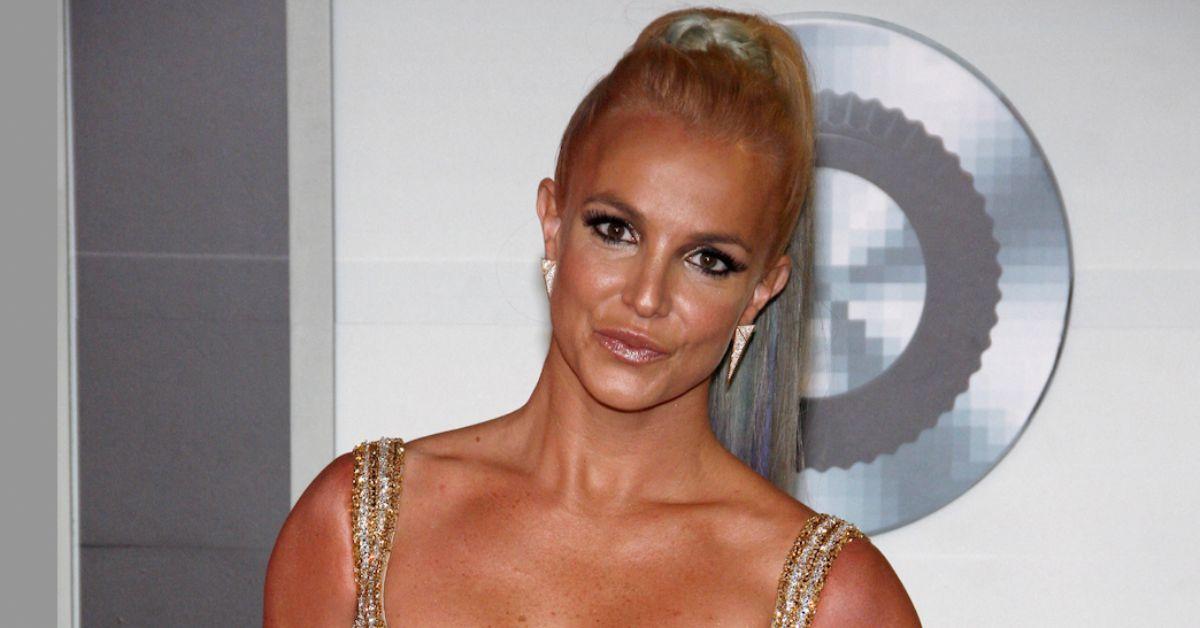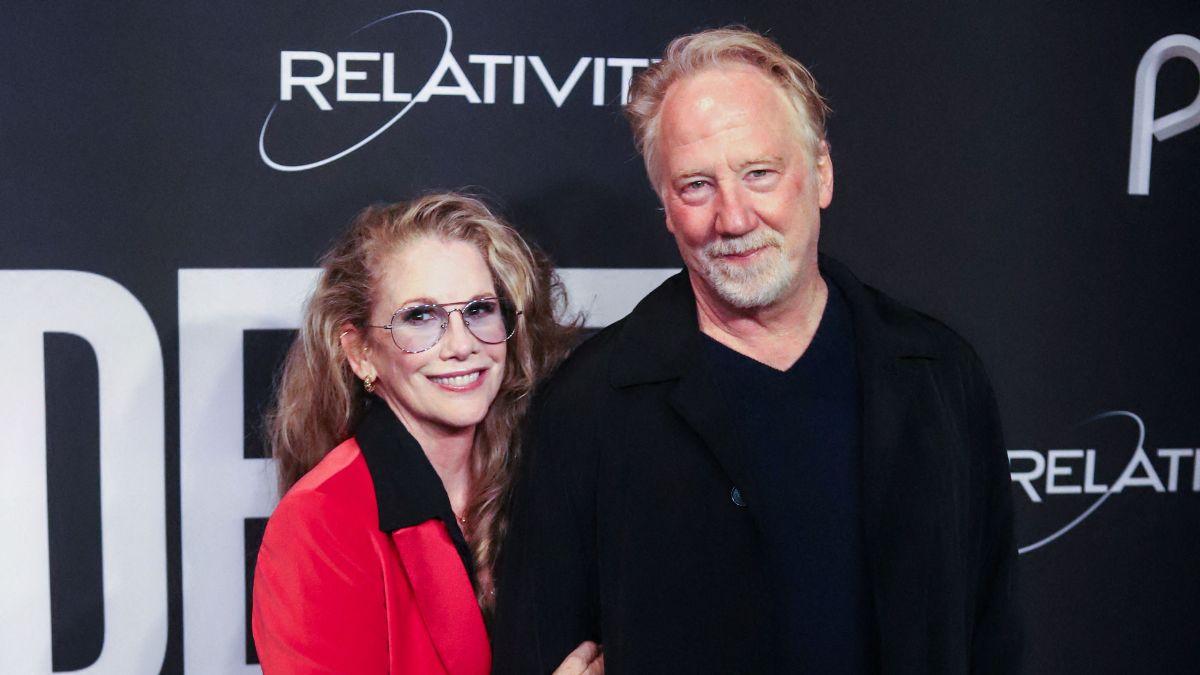Alec Baldwin’s Collapsed ‘Rust’ Trial Jurors Blast Case: ‘It Wasn’t Strong… It Was Silly He Was There’
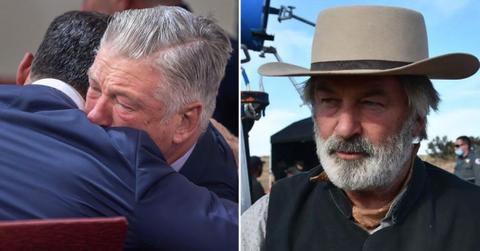
Two jurors from Alec Baldwin's involuntary manslaughter trial doubted whether the Rust star was guilty as charged before the case was thrown out.
July 22 2024, Published 3:25 p.m. ET
Two jurors from Alec Baldwin's involuntary manslaughter trial doubted whether the Rust star was guilty as charged even before the case was thrown out by a New Mexico judge.
The case against Baldwin, 66, was abruptly dismissed because the judge said prosecutors failed to give the defense key evidence regarding the live ammunition that killed cinematographer Halyna Hutchins, 42, on the Santa Fe movie set in October 2021.
But even before the ruling, uncertainty had already begun to percolate on the jury, RadarOnline.com can reveal.

The jurors who spoke with The New York Times said they felt the case against Baldwin was not strong enough for a conviction, based on what happened in court before the case was dismissed.
Johanna Haag and Gabriela Picayo were among the 12 jurors who would have been tasked with reaching a verdict. They reflected on their feelings about the strength of the case in separate interviews with The New York Times over the weekend.
Both said the evidence presented in court during the first two days of the trial made them skeptical about the actor's level of accountability in the accidental shooting.
Haag said: “As the week went by, it just didn’t seem like a very strong case.”
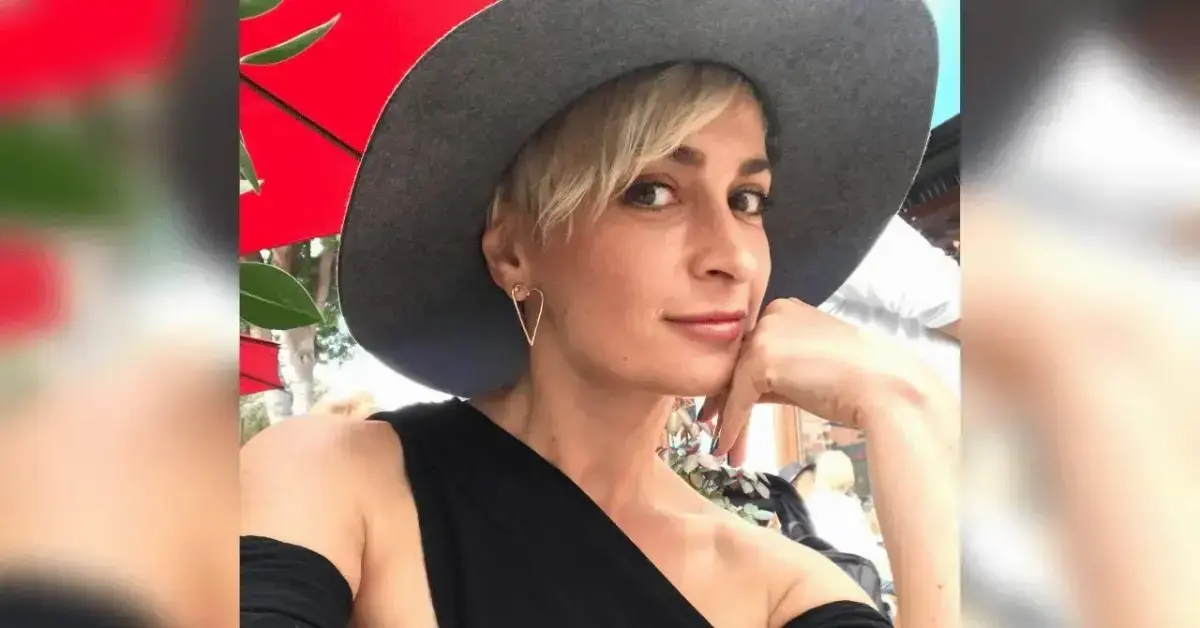
Hutchins was captured fighting for her life in footage taken just moments after being shot on the 'Rust' set.
Picayo echoed her fellow juror, saying that while she was "trying to stay unbiased," she was "starting to move towards the direction of thinking that this was very silly and he should not be on trial."
For Baldwin to be found guilty, the jury would have had to unanimously agree that he acted with "willful disregard" for the safety of others in the production and that he "should have known" his actions were inherently dangerous.
Prosecutors argued the actor was reckless with firearms on the set and that he should have taken steps to ensure the Colt .45 he was using for the scene rehearsal was safe.
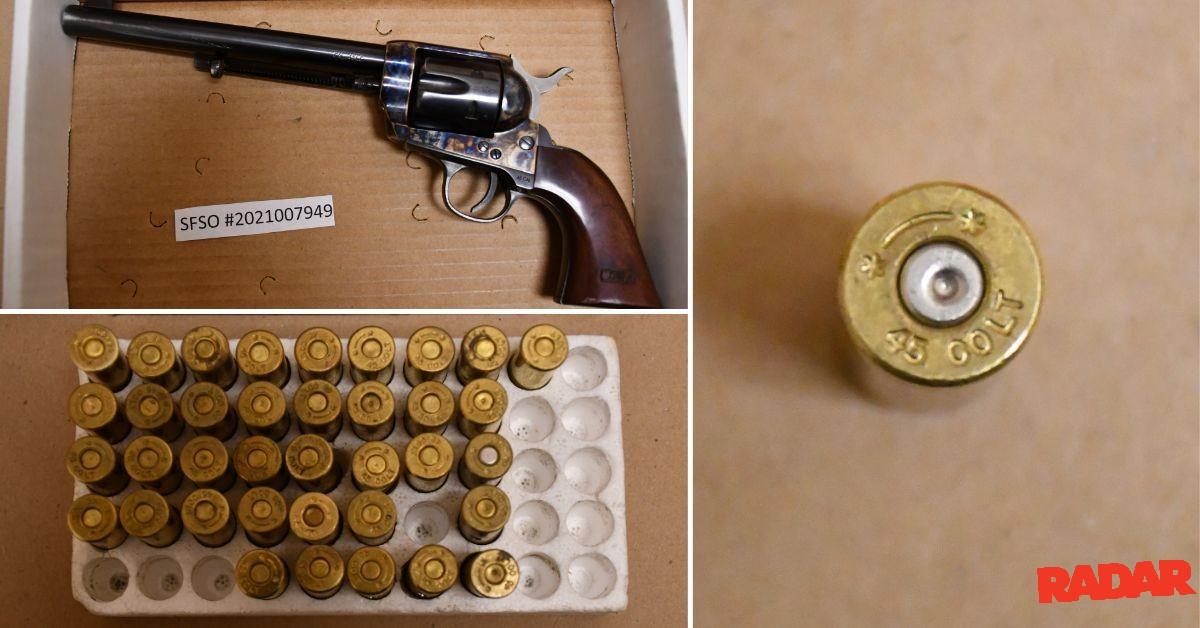
A single live bullet was found in a tray of dummy rounds — distinguishable by its silver center.
Picayo, however, recalled feeling that Baldwin should have been able to defer to the on-set experts who indicated the gun was "cold," or loaded with dummy rounds.
She told the Times: “I think he would have trusted the people, you know, on the set to do their job.”
Haag agreed, saying Hutchins' death was "clearly an accident, and the idea that there’s anything purposeful, or the idea that there was this grave carelessness that caused this, didn’t seem realistic to me.”
Never miss a story — sign up for the RadarOnline.com newsletter to get your daily dose of dope. Daily. Breaking. Celebrity news. All free.
The prosecution's case against Baldwin began to unravel as the actor's lead defense attorney, Alex Spiro, grilled crime scene technician Marissa Poppell on the stand about the collection of evidence, exposing protocols that were not followed.
Haag recalled: “At that point, I really started to feel sorry for Mr. Baldwin. I thought, you know, ‘What’s going on here? What is happening?’”
The case hinged on the assumption that the live ammunition was brought to the set by the movie's armorer, Hannah Gutierrez-Reed, who was convicted in her own involuntary manslaughter trial in March. But Baldwin's attorneys said the state "concealed evidence potentially pointing to an external source of the live ammunition".

Baldwin's case was dismissed because the judge agreed the state failed to give the defense key evidence.

The jury was sent home as the third day of the trial was getting underway so the court could hear the defense motion, and Picayo pointed out that she "wasn’t presented with all of the evidence, so I don’t know what could have swayed me.”
The same day, Judge Mary Marlowe Sommer dismissed the case with prejudice, meaning Baldwin cannot be retried for the same offense.
Judge Sommer said in her ruling: "The state's willful withholding of this information was intentional and deliberate.
"The state has repeatedly made representations to the defense and to the court that they were compliant with all their discovery obligations. Despite their repeated representations they have continued to fail to disclose critical evidence to the defendant."
Powered by RedCircle

